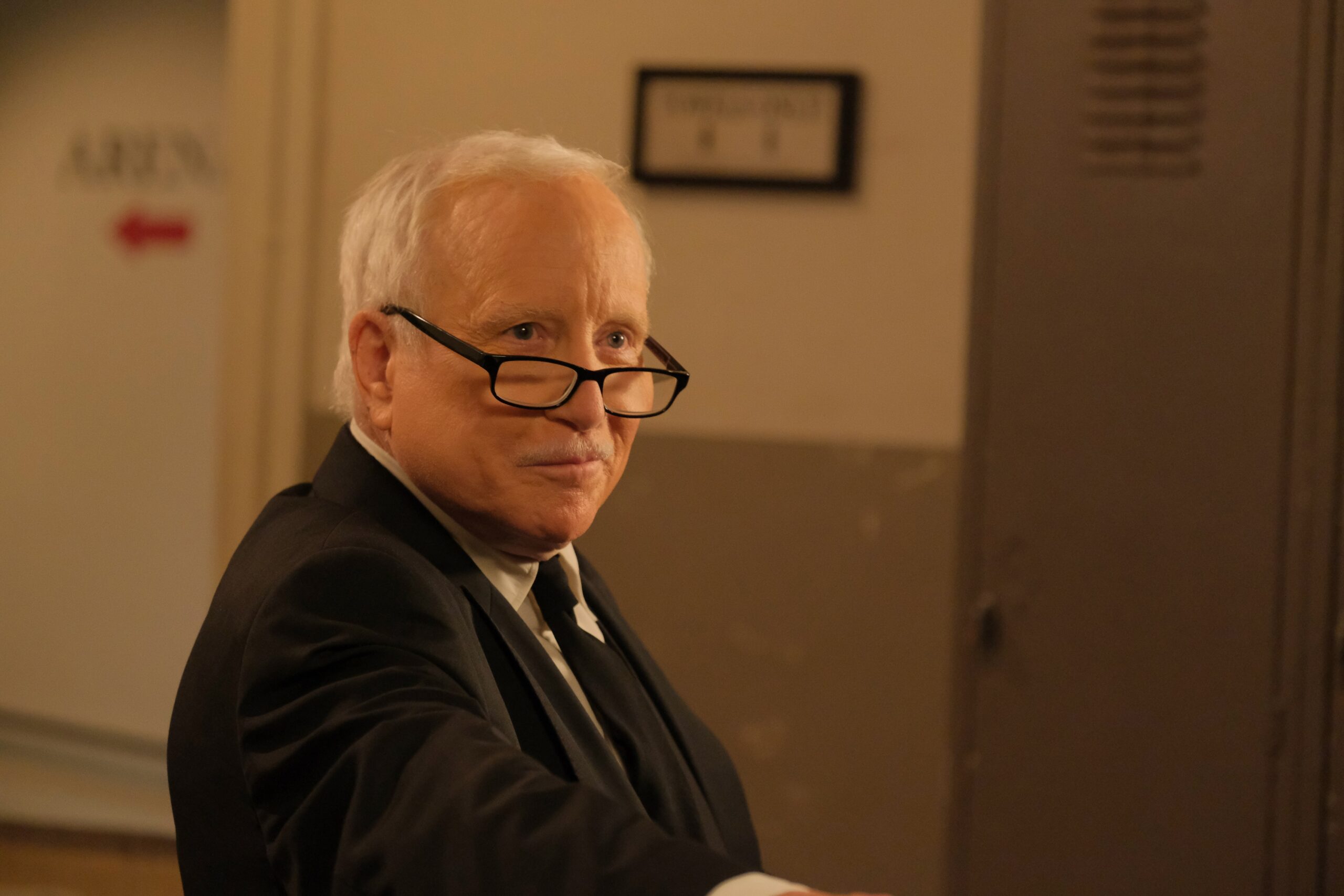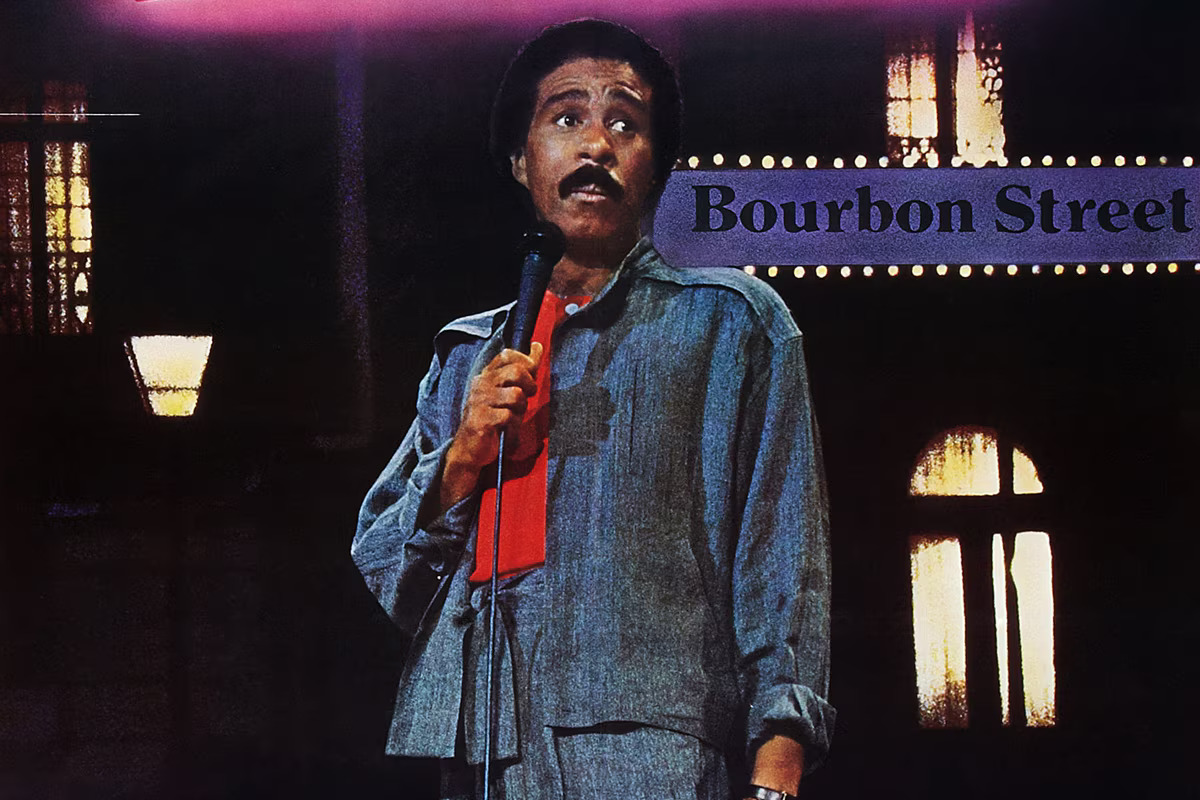
Actor Richard Dreyfuss is not a fan of the recently adopted diversity standards of Best Picture nominees at the Oscars. In short, the Oscar-winning actor, who won for The Goodbye Girl, said that the new standards make him vomit.
Dreyfuss has been making the rounds with the recent release of Sweetwater in theaters. For an actor starring in a film about the first Black basketball player to sign an NBA and later be inducted into the Basketball Hall of Fame, the comments are incredibly insensitive. Maybe it is because of the generation he comes from but he displays bigotry in tone and deserve all the backlash they can get. It isn’t just that the Oscar-winning actor slammed the new standards but he also praised an actor donning blackface in the process!
The Academy announced their new representation and inclusion standards back in September 2020. What this means is that films must meet two of four criteria.
- Standard A: On-screen representation, themes, and narratives
- Standard B: Creative leadership and project team
- Standard C: Industry access and opportunities
- Standard D: Audience development
Meeting the standards should not be a hard thing to do. For Dreyfuss to say that these new standards make him want to vomit, he should be ashamed. This isn’t the 1970s, 1980s, or even the 1990s, anymore. We’re living in a very different world right now. If Dreyfuss can’t get on board with the new standards for Best Picture nominees, perhaps it is time for the Oscar winner to retire from acting.
The comments came during a recent appearance on PBS’s Firing Line. The line of questioning starts at the 19:40 mark of the 27:06-minute broadcast and you can read the full transcript of their conversation below:
Margaret Hoover: Shifting gears entirely, starting in 2024, films will be required to meet new inclusion standards to be eligible for the Academy Awards for Best Picture. They’ll have to have a certain percentage of actors or crew from underrepresented racial or ethnic groups. What do you think of these new inclusion standards for films?
Richard Dreyfuss: They make me vomit.
Margaret Hoover: Why?
Richard Dreyfuss: This is an art form. It’s also a form of commerce, and it makes money, but it’s an art. No one should be telling me as an artist that I have to give in to the latest, most current idea of what morality is. And what are we risking? Are we really risking hurting people’s feelings? You can’t legislate that. And you have to let life be life. And I’m sorry but I don’t think that there is a minority or a majority in the country that has to be catered to like that. You know, Laurence Oliver was the last white actor to play Othello, and he did it in 1965. And he did it in Blackface. And he played a Black man brilliantly. Am I being told that I will never have a chance to play a Black man? Is someone else being told that if they’re not Jewish, they shouldn’t play the Merchant of Venice? Are we crazy? Do we not know that art is art? This is so patronizing. It’s so thoughtless, and treating people like children.
Margaret Hoover: Do you think there’s a difference between the question of representation and who is allowed to represent other groups? For example, as you said, somebody representing the Merchant of Venice, and the case of blackface explicitly in this country given the history of slavery and the sensitivities around Black racism. Do you think there’s a difference between those?
Richard Dreyfuss: There shouldn’t be because it’s patronizing.
Margaret Hoover: Why?
Richard Dreyfuss: Because it says we’re so fragile that we can’t have our feelings hurt. We have to anticipate having our feelings hurt, our children’s feelings. We don’t know how to stand up and bop the bully in the face.
Margaret Hoover: Do you think as we tell stories about the past, that there is a fuller version of our history that is perhaps more inclusive to the diversity of the country now?
Richard Dreyfuss: You know, I once worked for a guy that was making a film about the gangsters of the 30s. And I said, “Why did you change this incident and that incident from the reality? Because the reality was so much more interesting than what you created. And by changing it, you made it simple and smaller.” And I totally believe you can make a great film or a great painting or a great opera out of the truth first. And try that first. And then if you can’t do it, then make up some nonsense. But don’t tell me you can’t do that, that history isn’t that interesting.
The full interview is below and can be watched on YouTube:
Please subscribe to Solzy at the Movies on Substack.





